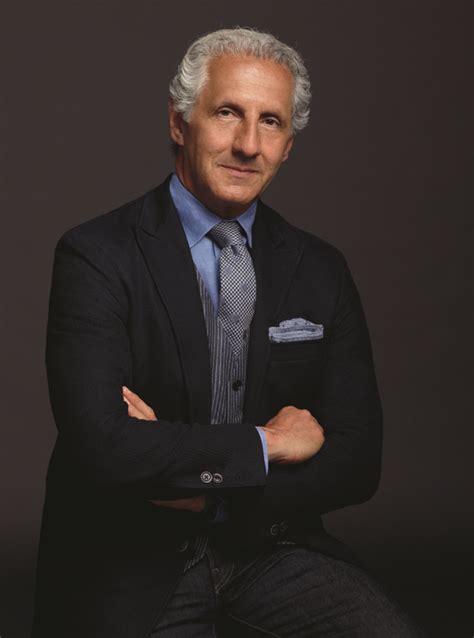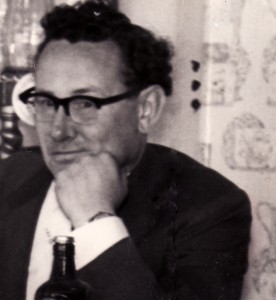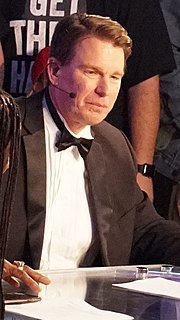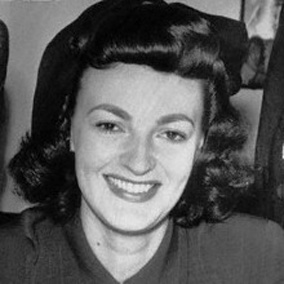A Quote by Johnny Carson
I loved the towns I grew up in as a boy, and after I became a celebrity, I went back several times. I would have had the time of my life seeing the old places and the old faces again, but the attitude of those same people was, "I guess you're so big we bore you now."
Related Quotes
How evanescent those loves and friendships seem at this distance in time…We move on, make new attachments. We grow old. But sometimes, we hanker for old friendships, the old loves. Sometimes I wish I was young again. Or that I could travel back in time and pick up the threads. Absent so long, I may have stopped loving you, friends; but I will never stop loving the Day I loved you.
As I said just now, the world has gone past me. I don't blame it; but I no longer understand it. Tradesmen are not the same as they used to be, apprentices are not the same, business is not the same, business commodities are not the same. Seven-eighths of my stock is old-fashioned. I am an old-fashioned man in an old-fashioned shop, in a street that is not the same as I remember it. I have fallen behind the time, and am too old to catch it again.
I was remembering the things we had done together, the times we had had. It would have been pleasant to preserve that comradeship in the days that came after. Pleasant, but alas, impossible. That which had brought us together had gone, and now our paths diverged, according to our natures and needs. We would meet again, from time to time, but always a little more as strangers; until perhaps at last, as old men with only memories left, we could sit together and try to share them.
I was raised to believe that you had to do things better than white people in order to succeed. The old black shows were better than the white shows. "The Jeffersons" (1975) was a lot better. "Good Times" (1974) was way funnier. "Sanford and Son" (1972). Now, though, everyone thinks we're equal, so we submit the same shit that everyone else submits. And then we get mad when they won't air it. You got to go back to the old attitude of it has to be twice as good.
Now they came back to him, on this night he was seventeen years old. All the years and places of his brief broken life came within mind's reach and made a whole again. He knew once more, at last, after this long, bitter, waisted time, who he was and where he was. But where he must go in the years to come, that he could not see; and he feared to see it.
The problem with the Jude Law "Hamlet" was simply that it wasn't unpredictable, that it was a very down-the-center modern production. You wouldn't go to the theater expecting to see an old-fashioned "Hamlet" where everybody wears an old fashioned costume. You don't get points for putting on a "Hamlet" where everybody dresses in black. I've seen that one several times. But again, it's not that it has to be new, it simply that it has to be different, fresh, that it doesn't bore, that it doesn't make me - I don't feel as I'm watching it that I know where it's going to go.
They had stopped now and he gave a glance up at the sky, through the trees, as though to see how much time was left. Amber, watching him, was suddenly struck with panic. Now he was going--out again into that great world with its bustle and noise and excitement--and she must stay here. She had a terrible new feeling of loneliness, as if she stood in some solitary corner at a party where she was the only stranger. Those places he had seen, she would never see; those fine things he had done, she would never do. But worst of all she would never see him again.


































